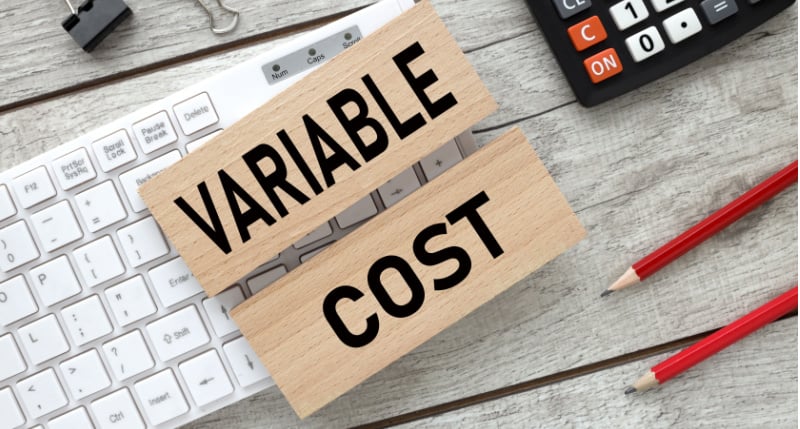Cost is an element that cannot be separated from the financial composition of a company. As for what is meant by cost, it is a resource that is released to achieve a certain goal.
Management accounting generally divides costs into two groups, namely fixed and variable costs as the name implies, fixed costs are costs whose value is fixed, while variable costs are costs whose value changes.
Understanding Variable Costs

Variable costs can be defined as expenses that change in proportion to the amount of goods produced. The higher the quantity of goods produced, the variable costs will also increase. Thus, if the number of units of goods produced increases, variable costs also increase by the change in the number of units of goods multiplied by variable costs per unit.
In business in particular, variable costs are a very important component in calculating total costs and finding the break-even point of production (commonly referred to as the Break Even Point or BEP). Variable costs can be calculated as the sum of the marginal costs of the entire unit produced.
Marginal cost is the increase in total costs derived from a unit of production. For example, if a company produces 100 units of goods, the amount of additional costs used to increase production output to 101 units is called marginal cost. Since fixed costs do not change when there are output costs, marginal costs are changes in variable costs.
All variable costs are direct costs, that is, costs that can be easily attributed to a specific cost object. In some cases, variable costs are sometimes referred to as unit-level costs because the amount varies with the number of units produced.
Variable Cost Function
As discussed earlier, variable costs are those whose total amount changes in proportion to changes in the volume of activities performed. Some common examples of the application of variable costs in a company unit are costs for raw materials, costs for packaging materials, costs for labels, employee overtime pay, target achievement bonuses or employee commissions, and so on.
This cost composition also has an important function because it is directly related to management accounting, production processes, and of course the balance sheet for financial statements. For clarity, some variable cost functions can be described as follows.
Helps Control Company Costs
The first function of variable costs is to help in controlling the company’s costs. This can happen because the company can clearly separate any of its business activities derived from fixed costs and variable costs through the Income Statement and other financial statements. Companies can also focus more on fixed cost behavior.
Helps plan and analyze short-term decisions
Under certain conditions, such as for example the existence of special orders, the company can determine in advance the price to be offered. The determination of profit will be based on the calculation of changes in volumes made.
- Help To Make Judgments
The company’s management team can review the effectiveness of the production produced by the company—including the performance of its human resources. The existence of variables will also be more helpful in fulfilling accountability for various other departments in the company.
- Benefits Of Variable Costs
Based on the explanation above, it can be seen that variable costs will be very beneficial for a company in making various decisions. Variable costs can be used to conduct a comprehensive analysis of business costs so that business activities can continue to run as intended.
As for the cost analysis, some steps that need to be done are as follows:
- Create an analysis framework.
- Identify all costs and benefits of each cost element.
- Determine the value of each cost and benefit.
- Calculate the total value of costs and benefits, and then compare them.
Variable costs are the financial component of a company that is a direct cost. The number of these elements is so influenced by changes in the volume of business (production) activities carried out that their value fluctuates. As for its implementation, variable costs are very useful for companies in helping to control company costs, plan and analyze short-term decisions, and establish various assessments in company operations.



